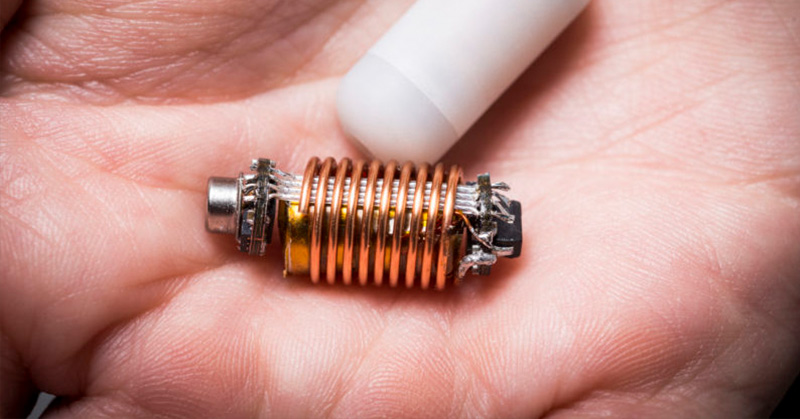Imagine a world where you could track and know exactly which foods cause you, uh… gastric distress. With that information, you would know what you shouldn’t eat before any big events, say foods that make you burp before you have to give a speech, or whatnot to not order on a first date.
Thanks to a group of Australian researchers, this dream could be a reality sooner than you think. They have created a pill that allows you to track your gas throughout your digestive tract – all from an app on your phone.
Gas Tracking Pill
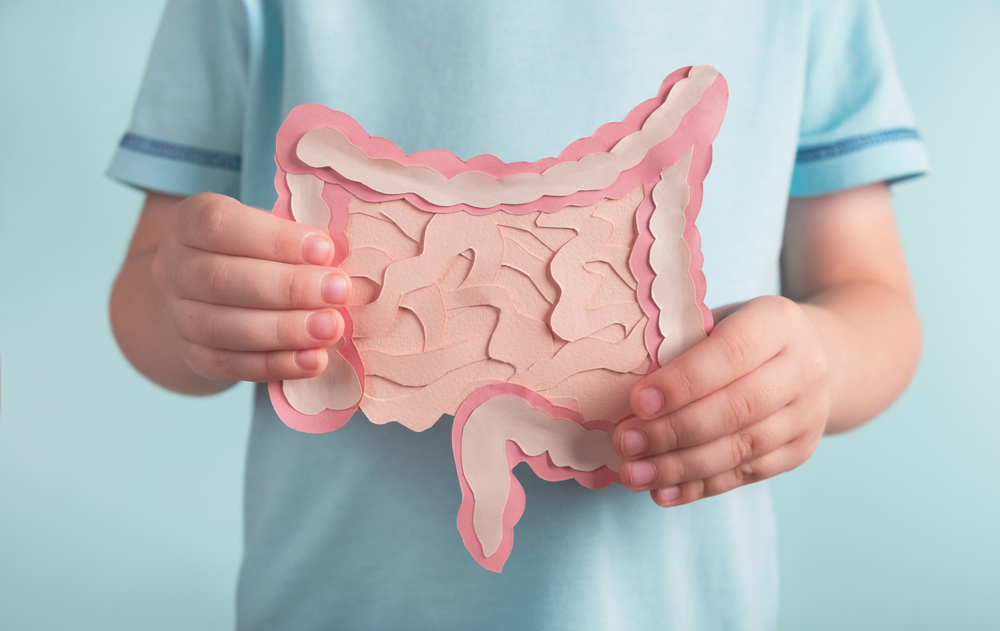
A team of researchers from both RMIT University and Monash University have developed an ingestible electronic pill that when swallowed, tracks gas levels throughout your intestinal tract: from the stomach all the way to your colon. (1, 3) With the surge in awareness and prevalence of gastrointestinal distress and disorders in recent years, this pill could shed some much-needed light on how diet and specific foods affect people’s digestion. (1, 3)
Read More: Stop holding your farts in – here are 5 health benefits of passing gas
How the pill works
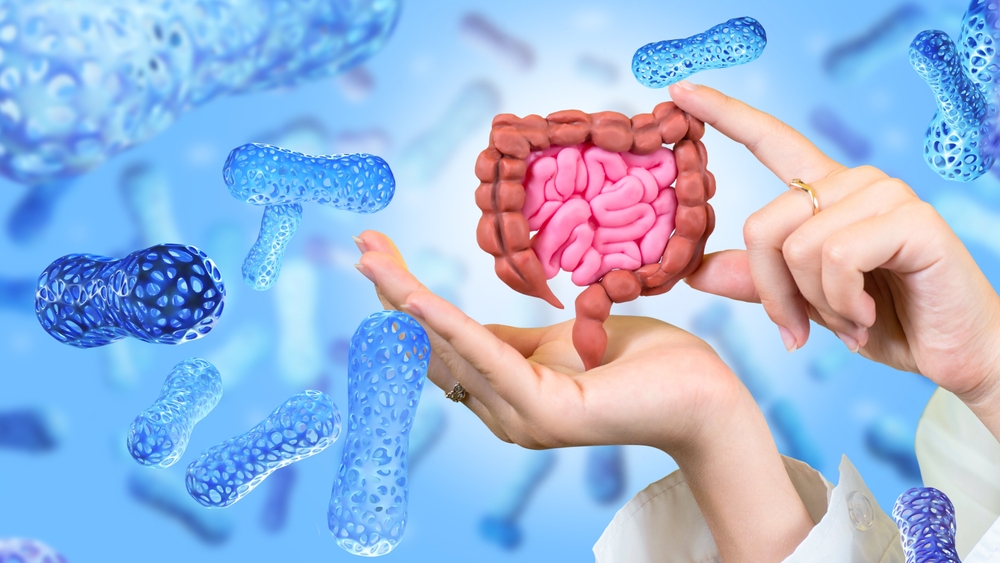
The capsule, paired with a pocket-sized receiver and a cell phone app, allows the person who has swallowed it to track their gas throughout their digestive tract in real-time. It is the size of your average vitamin – 26 mm in length and 9.8 mm in circumference. Inclosed are sensors for temperature, carbon dioxide, hydrogen, and oxygen. Inside there is also a button-sized silver oxide battery and a transmission system. Lastly, one end of the capsule has a gas-permeable membrane that can quickly diffuse gases in the tract. (1, 3)
Tried and Tested

Two human trials have already happened and both have provided useful information about the health of our guts.
Experiment #1

Six healthy human subjects were each given the gas-tracking pill. In this study, the pill was tracked using ultrasound technology and focused on the gas profiles of various sections of the digestive tract. They found that (1, 3):
- The pill took 20 hours to travel the entire digestive tract.
- The pill spent 4.5 hours in the stomach, 2.5 hours in the small intestine, and 13 hours in the colon.
- CO₂ and H₂ levels were highest in the first few hours in the colon with very low levels of O₂. This coincides with the vast amounts of anaerobic bacteria, or bacteria that don’t require oxygen to live, that exist there and work to ferment undigested food.(1, 2, 3)
Understanding the digestive motility and gas levels of average, healthy persons can help to better diagnose when there are problems in others.
Experiment #2

This second trial focused on one person swallowing the pill twice under two differing circumstances. The first pill was swallowed while he was eating a high-fiber diet (50g each day) for two days. The second pill was taken while he was eating a low-fiber diet (15g each day) for two days. (1, 3)
High-fiber test:
- Time taken to pass the pill: 23hours
- Time in the colon: 4 hours
- Gas levels: Elevated levels of O₂ in the colon.
In this test, the man experienced abdominal pain. This was because the oxygen levels in his colon through off levels of the anaerobes in the colon responsible for the fermentation of undigested food and therefore produced higher amounts of gas. They then analyzed his fecal bacteria which showed to have higher levels of bacterial species that are associated with poor gut health. (1, 3)
Low-fibre test
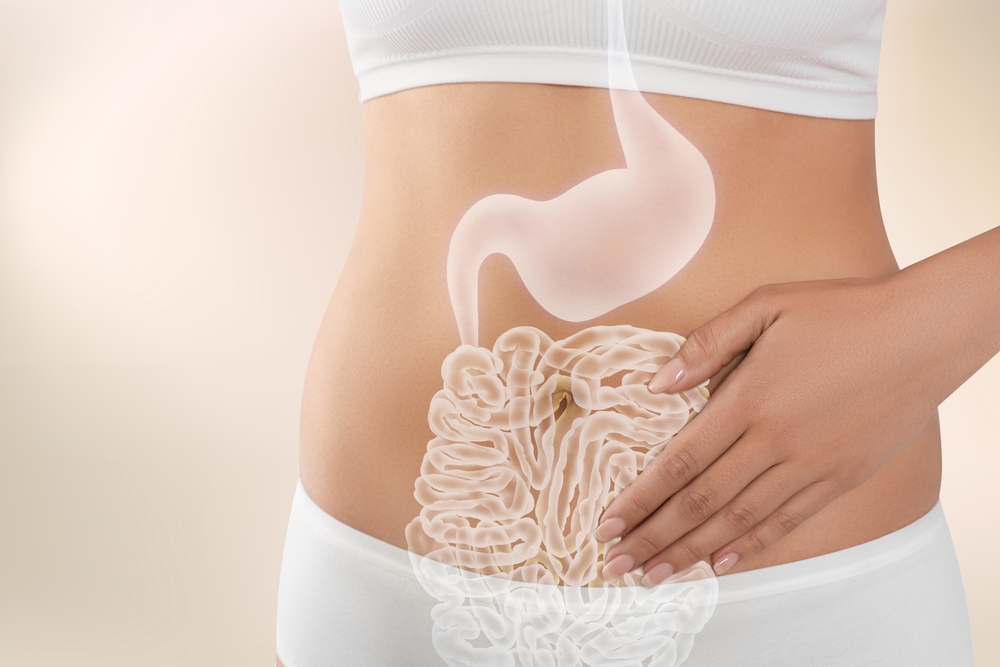
- Time taken to pass the pill: 3 days
- Time in the stomach: 13hours
- Time in small intestines: 5.5 hours
- Time in the colon: 54 hours
- Gas levels: H₂ extremely low in the colon
In this test, the low levels of hydrogen show that fermentation and digestion were hardly happening. In fact, things were moving so slowly that the man was given a high-fiber dose 36 hours into the experiment just to help move things along. Twelve hours later he showed an increase of hydrogen in his colon. (1, 3)
To further test their findings from experiment number two, the researchers had four more healthy subjects pass the pill, with two of them in the high-fiber scenario and the other two in the low-fiber version. The results were similar. (1, 3)
Read More: How To Make Beans Less Gassy
What causes gas?

Gas is a complicated subject. Reasons for having gas are different from person to person, and even for an individual. Upper intestinal gas causing burping can be caused by swallowing excess air (think gum-chewing and smoking), or even just by overeating. (4)
Lower intestinal gas can be caused both by internal and external factors: Eating too much of a certain food, allergies or intolerances, disruption of your gut and intestinal bacteria, or even something as simple as stress. This is why you can eat something one day and be completely fine, but the next you are gassy, bloated, and in pain. (4)
Foods that cause gas
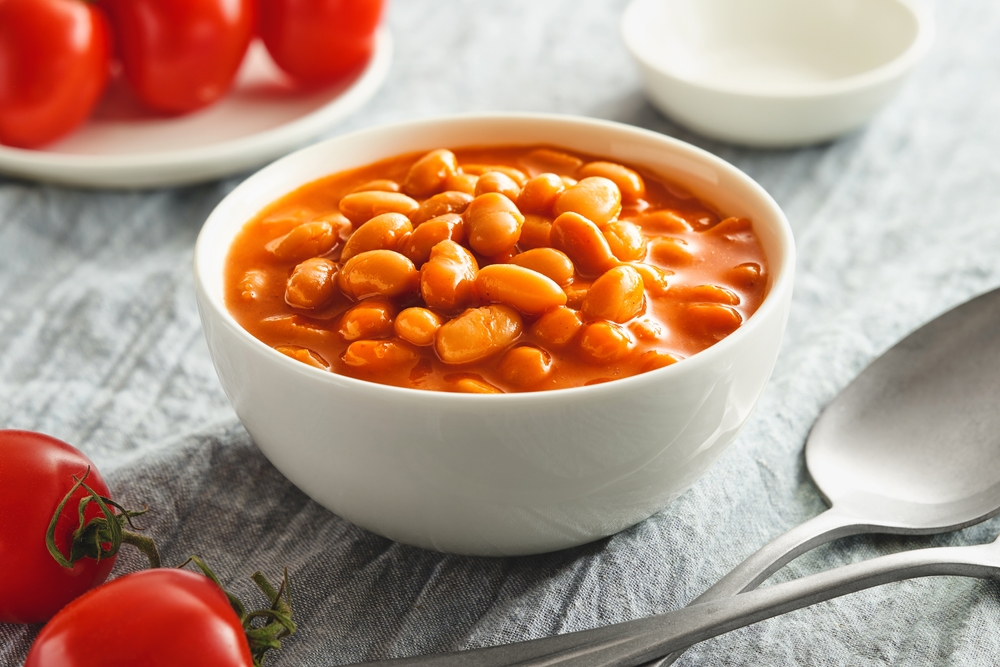
Intolerances, allergies, and conditions aside, there are foods that tend to cause gas more readily than others. These are often ones that have a lot of insoluble fiber and are more difficult to digest, including (4):
- Beans and legumes
- Cruciferous vegetables
- Wheat and bran
- Lactose-containing dairy products
- Fructose (naturally occurring and added)
- Sorbitol
- Soft drinks
Of course, there are also a huge number of gastrointestinal disorders that can complicate this and cause your body to have difficulty handling certain foods. Diseases such as Chron’s disease, Celiac disease, autoimmune diseases, Lyme disease, ulcers, certain cancers, and more can all affect your ability to digest food. (4, 5)
How to prevent bad gas

While the ingestible electronic gas-tracking capsule can show you where your gas occurs and after eating what kind of diet, it can’t stop the gas from building up. To avoid bloating, gas pain, and public embarrassment, there are many things you can do to stop gas before you get it, such as (6):
- Eat slowly and chew thoroughly.
- Avoid chewing gum or other products that cause you to ingest excess air.
- Be mindful of how much and when you are eating certain gas-producing foods, such as those with complex sugars, fructose, lactose, and insoluble fibers.
- Avoid soda and other carbonated drinks, such as beer.
- Use the elimination diet to test for food intolerances.
- Take probiotics to improve the health of your gut bacteria.
- Take digestive enzymes when eating a meal or foods that you know may cause you problems.
Already have gas and trying to get rid of it? Try taking activated charcoal pills to help reduce bloating and neutralize the gas. (7)
The Bottom Line

This tiny little electronic pill might just be the future of gas detection and help to predict intestinal health. Until then, pay attention to your own body: What foods make you feel good, which ones make you feel tired and sluggish, and of course, which ones make you clear out a room? Remember, a healthy, well-balanced diet with proper exercise, sleep, and water intake is your best bet for a strong, functional digestive tract.
Read More: The Gastric Protector Known as Omeprazole Increases Your Risk of Death
Sources
- https://arstechnica.com/science/2018/01/with-ingestible-pill-you-can-track-fart-development-in-real-time-on-your-phone/
- https://iai.asm.org/content/76/8/3360
- https://www.nature.com/articles/s41928-017-0004-x
- https://www.mayoclinic.org/symptoms/intestinal-gas/basics/causes/sym-20050922
- https://academic.oup.com/cid/article/34/9/1206/462641
- https://www.healthline.com/health/how-to-stop-farting#elimination-diet
- https://connect.uclahealth.org/2018/10/22/does-activated-charcoal-help-with-gas-and-bloating/
